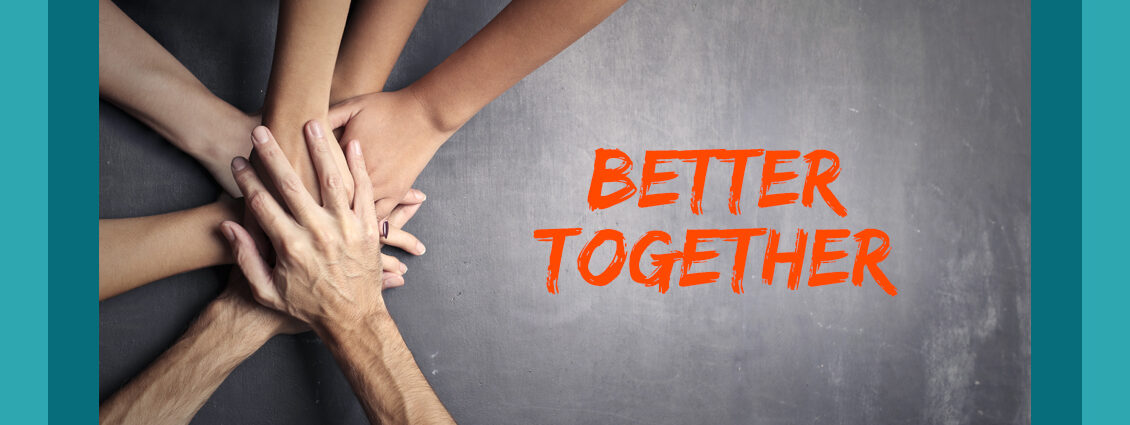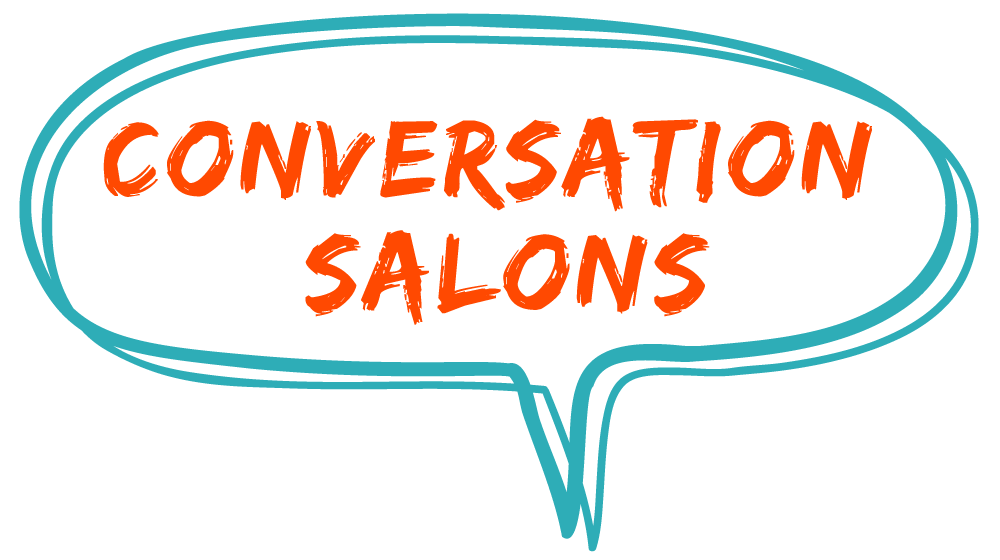
By Conor McCormick
I’ve always struggled asking for help. I’m an only child you see, which I loved but doing things by myself became routine. For example ,I loved heavy metal as a teenager but struggled to persuade my friends to go to the gigs that I wanted to (what’s so unpopular about Satanic themes and imagery?) As a result, I went to concerts by myself which was a gateway drug to eating at restaurants alone and travelling. Independence grew beyond experience. It annoyed me when friends would ask for money and then would never pay me back. I couldn’t understand how people let themselves get into a position where they were down to their last £20 before payday. I preached radical self-reliance (I was still relying on a boss to pay me, baristas to serve me coffee, friends to reply to messages and books to help guide my choices) but I didn’t see my narrow field of vision at the time. I have always been proud of that quality in myself, independence being the cornerstone of being a man but it’s a cancerous thought. Not needing to ask for help gradually becomes not being able to ask for help.
Pride is one of the 7 deadly sins and that’s where our problem begins, 2000 years ago. It is thought to be the most demonic of the sins and the point at which all others originate. It’s identified as dangerously corrupt selfishness, the putting of one’s own desires, urges, wants, and whims before the welfare of other people.
What happens when you are unable to do something? I can’t make a Flat White, repair an electrical socket or make sense of a legal document. You get help of course. In these instances there is no question about getting assistance from a responsible adult with the relevant experience.
There is a distinct difference between not knowing how to do something and not being able to. We have to accept that we cannot acquire the necessary skills to do everything in the time we have here on earth (nor would we want to). I felt like not knowing how meant that I was unable to and this displayed incompetence.
Disability: A physical or mental condition that limits movements, activities or senses.
It somehow made sense to me to look at this from the opposite of the spectrum. What’s the opposite of complete incompetence? Perfection. Who’s the best in the field? Jeff Bezos, Steve Jobs, Oprah Winfrey. Read anything about their rise to success and you quickly see all the help they had along the way. In hindsight it’s obvious. With this in mind, your options are as follows:
A) live a monk like life accepting the given limitations of a solitary lifestyle or;
B) accept that you can go further with the help of others
I have lived most of my life in mindset A. The difficulty is accepting the limitations of a solitary lifestyle. This often only becomes apparent when you need help. I vividly remember struggling in my first year of secondary teaching, my first experience with real stress. My girlfriend at the time was my emotional rock and her help was a huge part in me getting through this. Experience takes on a whole new life when it’s shared with another person, positive or negative. This shared experience forms a strong bond.
So I learnt to ask for help because I realised I can’t do everything on my own.
Once I hit 30, I started to get invited to like friends’ florist / photography / DJing / blogsite/ tattoo studio. There’s nothing like the reality of your meaningless life disappearing in front of your eyes one minute at a time to push you to take charge. “I don’t want to answer to a boss!” is generally the motivation (followed by control and passion). Herein lies the idea of independence but in order to get to this place you will need advice and help from those who came before you. So let’s find a happy medium –
but how do you collaborate?
First, you must accept that you aren’t an expert at everything, actually, you mightn’t be an expert at anything and that’s ok. Each of us have inherent strengths related to our areas of interest and genetic make-up. Next, think about all the ways in which you make use of the strengths of others without noticing. Going to your friends for relationship advice for example. This can be specific or simply the habit of talking about a topic and paying attention to what ideas they bring to the table.
I started following a diet plan this week and was speaking to my friend about it. We went down the rabbit hole of meal timing and portion size. How the meal size at different times of the day may impact weight loss and energy. As a result of this simple conversation I came away with a lot of food for thought – pun intended. It also brought to light flaws in my way of thinking, limitations and potential avenues for experimentation if things didn’t work.
If a tree falls in a forest but no one is around, does it make a sound? We are perfect on our own but in the company of others, our shortcomings become abundantly clear. This isn’t anything odd, simply someone holding up a mirror. Instinctively this feels bad, why would you want to be conscious of your shortcomings? Becoming aware is the path to getting better. Isn’t that why Netflix was invented, so we could avoid this?!
I am just beginning my journey of truly accepting help and reaching out to collaborate. It has highlighted many of my weaknesses but also helped me to become acutely aware of where my strengths lie. Through this, I have come to realise we are better together.
Read more: Don’t Talk To Strangers
Read more: Censored Conversations
